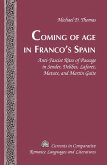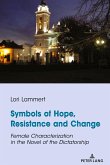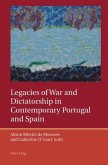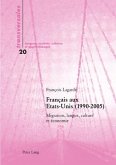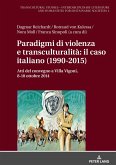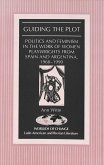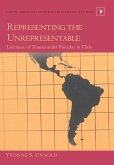After decades of uncomfortable silence, Spain has now started dealing with its violent twentieth-century past. In recent years, a vibrant memory discourse has emerged in Spanish society: the number of films, TV series, newspaper articles, history books, and memorials dedicated to the Civil War of 1936-1939 and the ensuing dictatorship of Franco has increased dramatically. Literature has also played its part in provoking and maintaining this memory boom, and as a consequence, the study of contemporary Spanish novels has started revolving around questions on the responsibility of the author, on the impact of literature in society, on its role in shaping memories, and on its ethical status.
This book takes up these questions in an attempt to combine the outlook of collective memory studies with the theoretical demands of Poststructuralist theories. Focusing on themes such as haunting and the uncanny, nostalgia, the Bildungsroman genre, and autobiography, its author analyses memory narratives in fourteen novels by foremost Spanish authors like Javier Marías, Luis Goytisolo, Enrique Vila-Matas, and Manuel Vicent.
This book takes up these questions in an attempt to combine the outlook of collective memory studies with the theoretical demands of Poststructuralist theories. Focusing on themes such as haunting and the uncanny, nostalgia, the Bildungsroman genre, and autobiography, its author analyses memory narratives in fourteen novels by foremost Spanish authors like Javier Marías, Luis Goytisolo, Enrique Vila-Matas, and Manuel Vicent.


